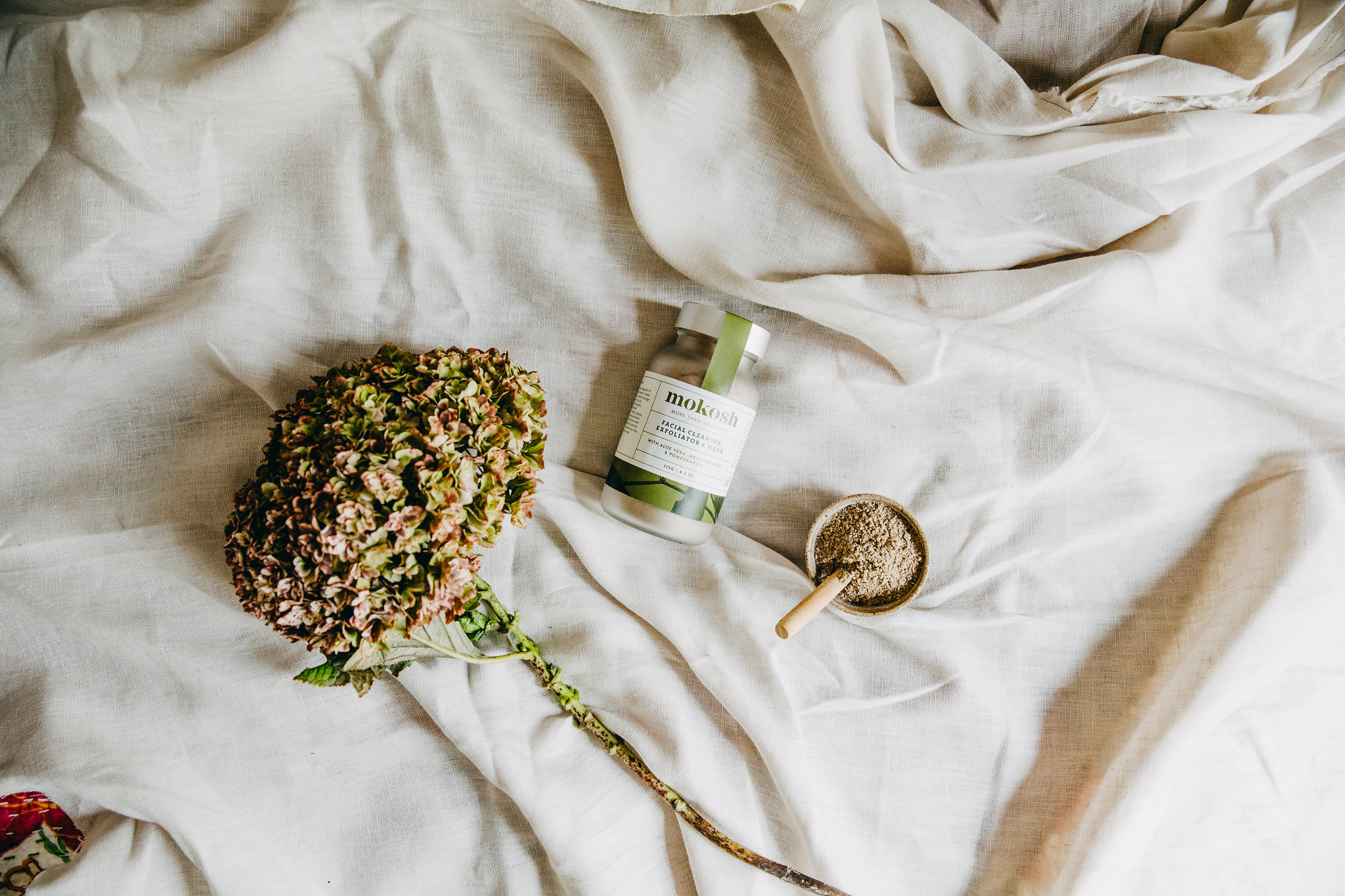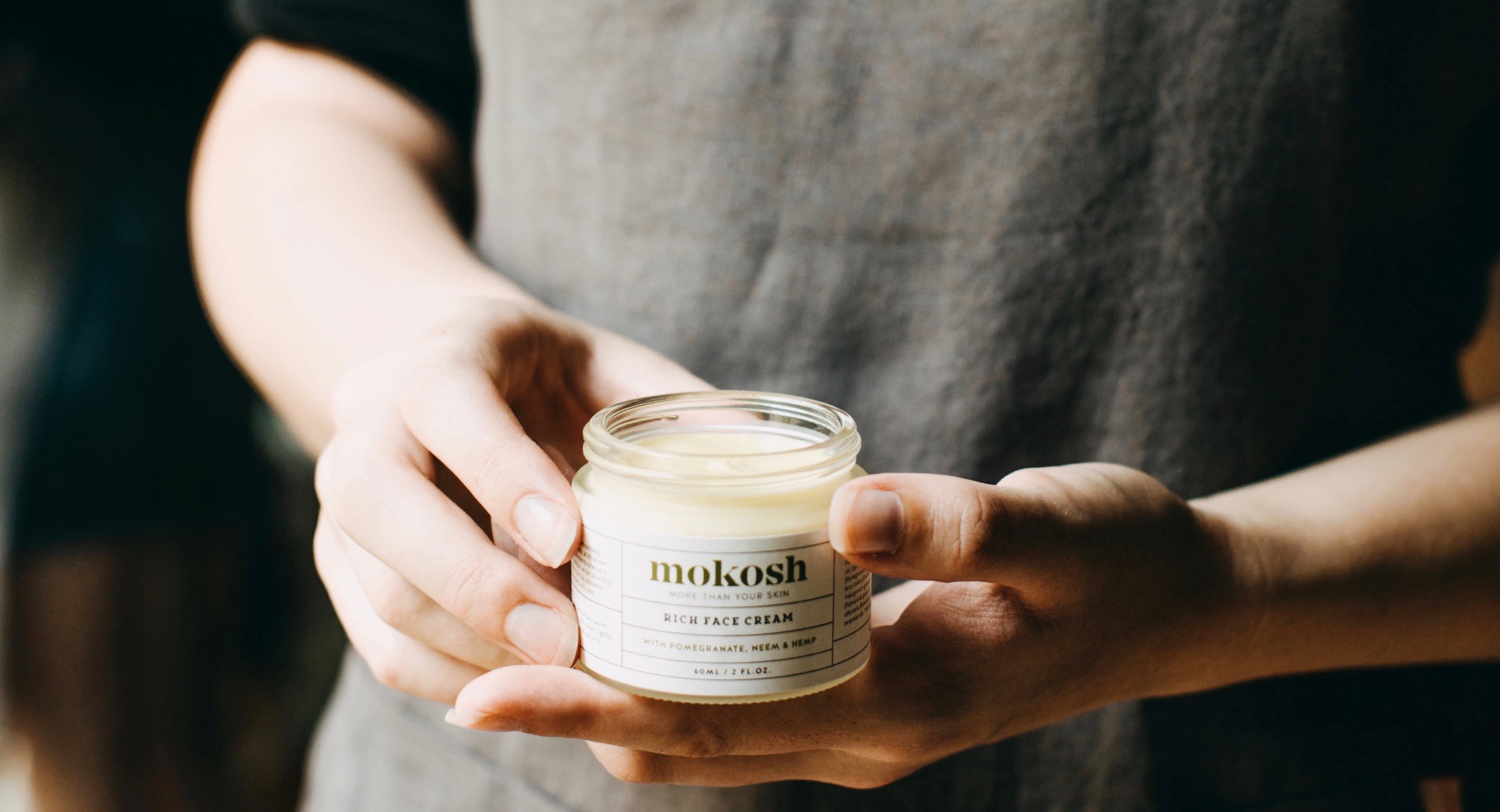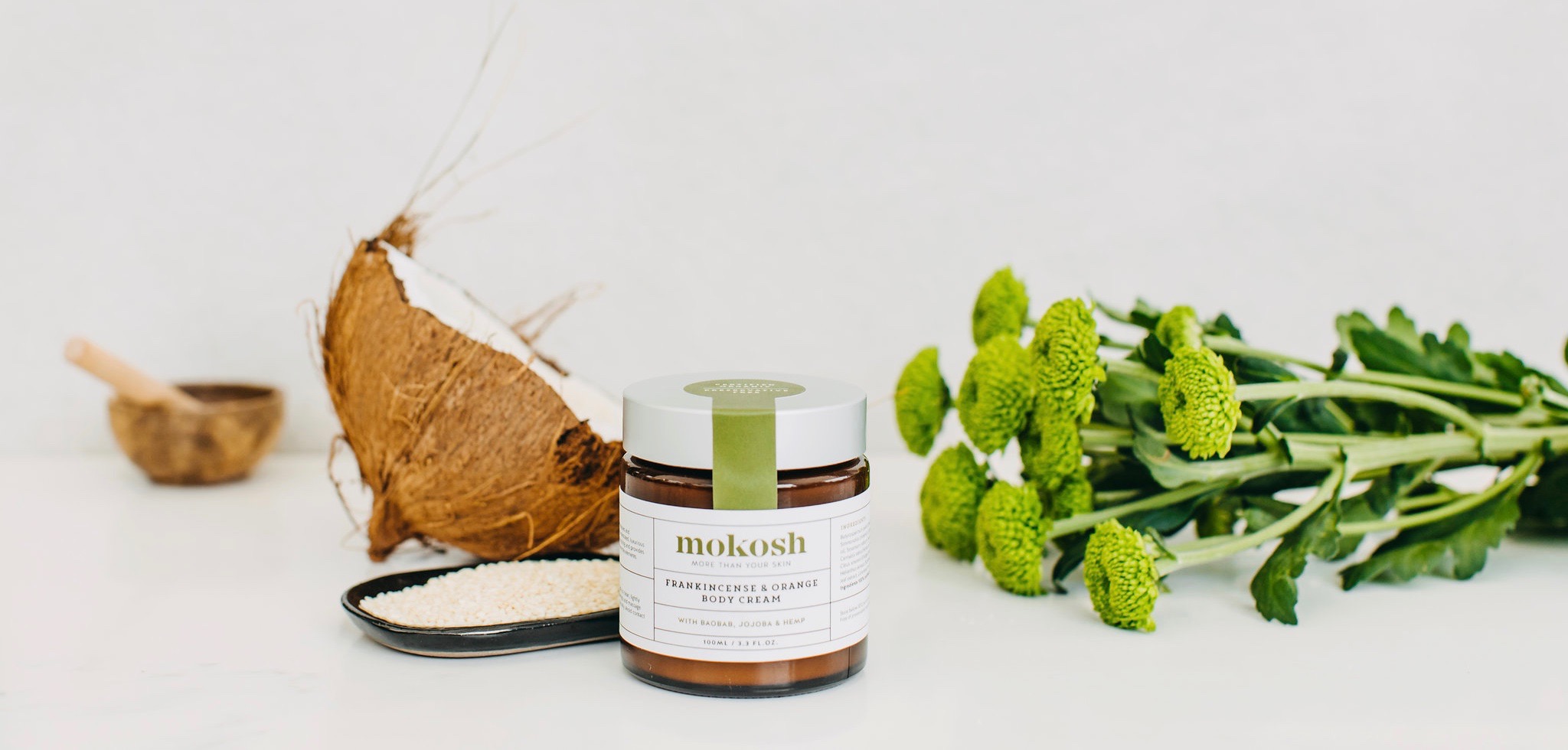How to Love Your Winter Skin
by Marion O’Leary

With Winter in full swing, you may have noticed your skin is a little less dewy than usual, perhaps even a little flakey, itchy and prone to redness and irritation. Winter is the classic time for these skin problems to occur, and they are caused by changes in your skin as well as changes in the environment during the colder weather. The good news is that they can be prevented by taking extra good care of your skin’s barrier function during the colder months, with a few simple changes to your routine.
What is the skin’s barrier made of?
Your skin’s barrier is made of tightly packed cells embedded in specialised lipids, making it virtually waterproof and impermeable to most toxins and irritants in the environment. It also forms a chemical barrier in the form of a low pH of around 5.5, together with a range of antimicrobial molecules that prevent invasion of harmful bacteria. When any part of this barrier is altered, your skin becomes more permeable, and contact with substances in the everyday environment can lead to redness and inflammation and, in severe cases, a skin infection.
What can upset our skin’s barrier function?
Winter is a time when your skin’s barrier function is tested. Firstly, because cold air holds less moisture, more water is lost from the skin, making it more prone to dehydration. Secondly, in colder weather it is tempting to stay under the shower or in the bath for longer, which will remove some of the protective lipids from your skin – and this is made worse if harsh detergents are used. And finally, the ceramides, which are are an important part of the lipid barrier, become depleted during winter. With all these factors in play, the outcome can be a compromised skin barrier resulting in minor changes, like a dull complexion and occasional flakiness, or more severe changes like inflamed, red, itchy skin.
How to keep your skin’s barrier healthy
Keeping your skin’s barrier in good condition means beautiful healthy skin all year round, and it’s not difficult to achieve. Here are some simple actions you can take:

Step 1: Keep skin hydrated by drinking sufficient water and, if necessary, using humidifiers to add moisture to the air.
Step 2: Don’t stay too long in the shower or bath, and keep water warm, rather than super-hot, to protect the lipids in your skin.
Step 3: Don’t use harsh soaps or body wash, and keep their use to an absolute minimum, as these will further deplete the lipids in your skin. Most of us overuse soaps in the shower, – we need only a little to be clean.

Step 4: Choose your face cleanser carefully. Classic liquid cleansers rely on a detergent action to clean your skin, which can upset its lipid balance. They also contain preservatives which have the potential to upset your skin’s microbiome, another potential cause of skin problems.
At Mokosh, we believe a non-detergent cleanser is both more gentle and more aligned with your skin’s function. During Winter, our Makeup Remover & Cleansing Oil is ideal – it is a blend of pure oils that cleans by picking up excess dirt and sebum, penetrating the skin’s pores, and leaving the skin fresh, soft and moisturised. This can be used alone or followed with our Facial Cleanser, Exfoliator & Mask, a blend of organic herbs that provides a daily gentle cleanse as well as a light micro-exfoliation.
Step 5: Moisturise your skin after bathing, and if necessary, top up throughout the day. A good moisturiser will contain abundant omega-6 fatty acids to help replenish the ceramides in your skin and restore your skin’s barrier function. For normal and dry skin we recommend our Rich or Light Face Cream, which is rich in omega-6 fatty acids, as well as shea butter which contains saturated fats to form a more occlusive layer, slowing down water loss from the skin. For oily and combination skin our Elderberry & Chia Seed Beauty Serum is ideal, or for a step up in barrier protection – because even oily and combination skins need a stronger barrier in winter – choose our Raspberry & Chia Seed Beauty Serum. Both serums are stand-alone moisturisers and contain abundant omega-6 fatty acids which are great for restoring the skin’s lipids. For body, our Pure Face & Body Cream or our Frankincense & Orange Body Cream offer our highest level of skin barrier protection, while our Sesame & Frankincense Body Oil is lighter, yet contains plenty of the all-important omega-6 fatty acids.
Step 6: Don’t forget your lips, which are often the first to show signs of winter dryness. Your lips are covered in a specialised form of skin, and so they will also suffer from dehydration and reduced levels of ceramides and other lipids during winter. We recommend using a well-formulated, protective lip balm that is also rich in omega-6 fatty acids, so that the lips’ barrier-forming lipids are regularly replenished. Our Coconut & Blackcurrant Lip Balm is ideal for this.
Step 7: Make the most of the season by getting extra sleep, taking regular but not too vigorous body-appropriate exercise, and eating nourishing, wholesome meals. In Ayurveda, winter is the time for resting your body and mind and replenishing your stores of energy so that you are revitalised and ready to take on Spring feeling refreshed and renewed!
Thank you to Marion O’Leary, founder of Mokosh for writing this blog for us. Join us in the studio and check out the range of Mokosh skin care products on offer. Made in Fremantle, they’re a great natural alternative, free from preservatives.



